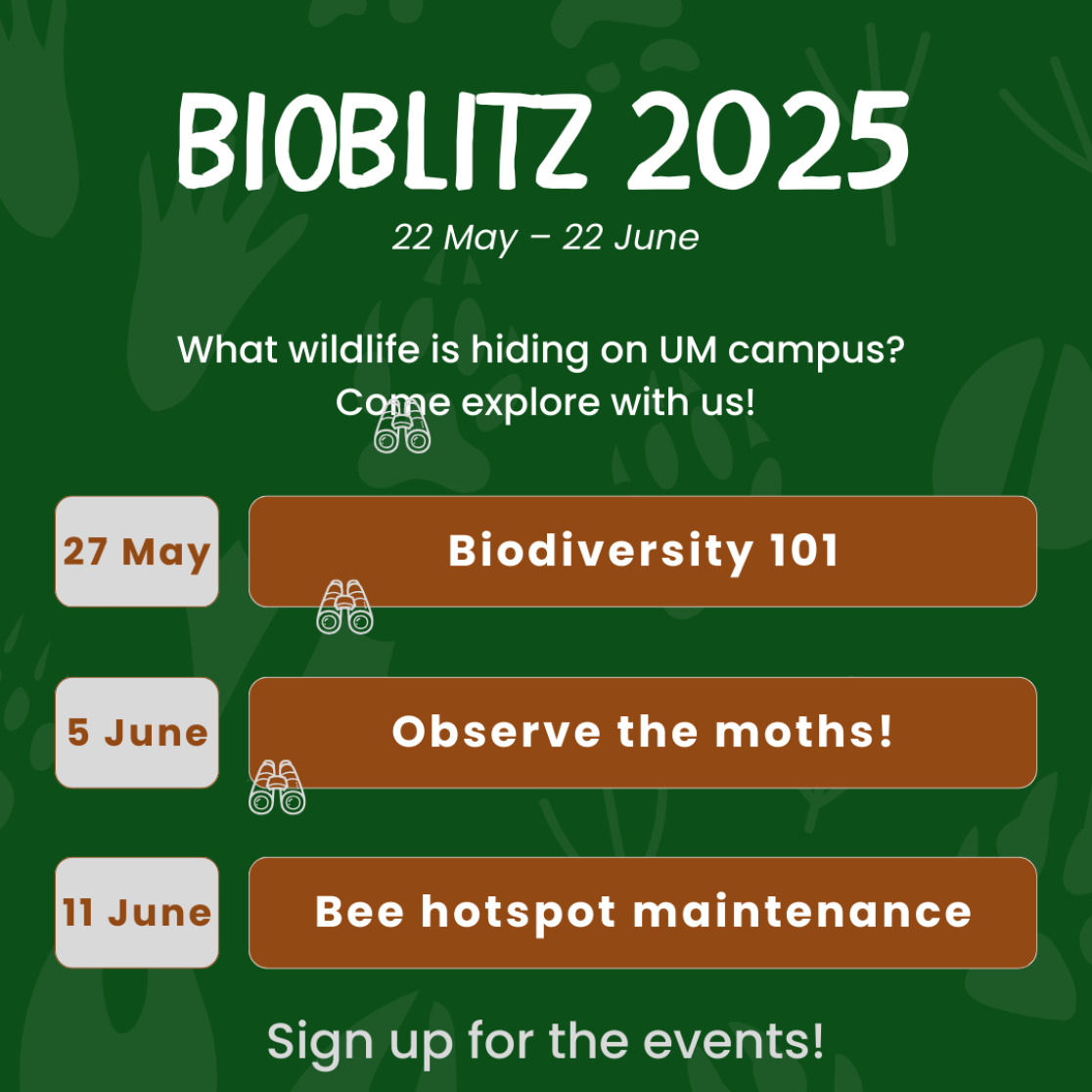Projects
At UM we strongly believe that working together makes us stronger. When we join forces, we learn from each other and come to a more multifaceted solution. Solutions that benefit the world around us. Sustainable UM2030 has worked on several projects. Below you will find some examples.
3 main ambitions:
Sustainability grows strongest in a connected community, where people feel inspired, supported, and empowered to make a difference together.
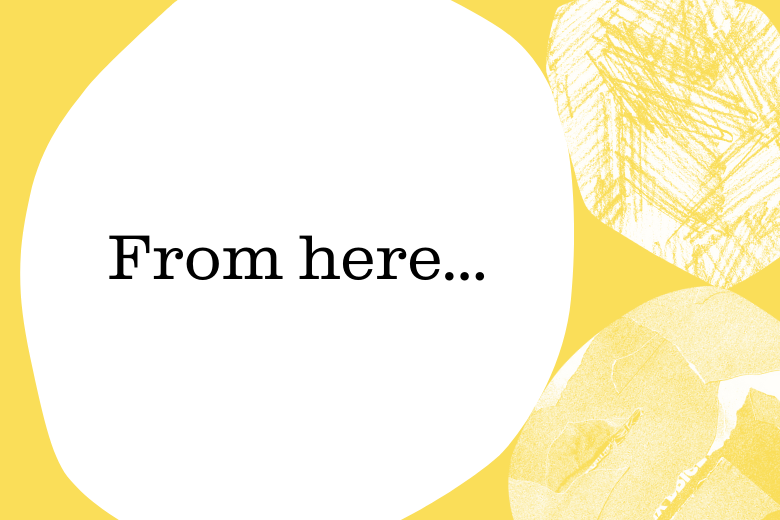
Fighting climate change starts with rethinking how we live, move, and work — creating spaces and habits that help protect our planet and build resilience for the future.
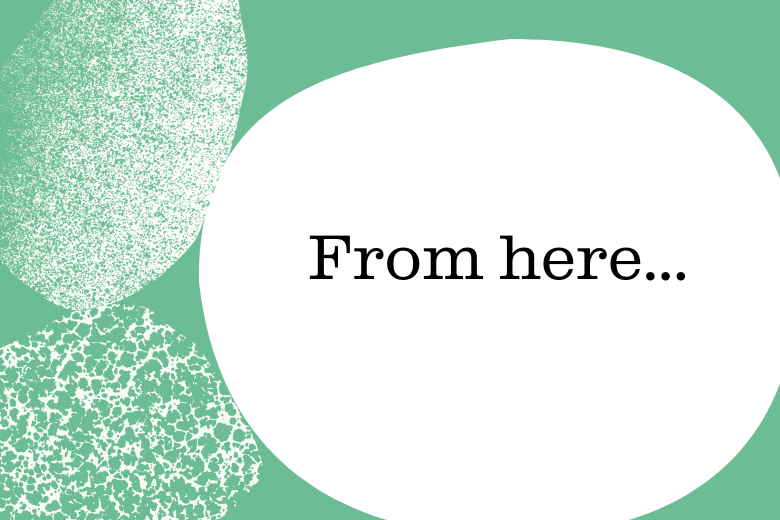
Shaping a circular world means using what we have wisely, designing systems that waste less, reuse more, and turn old ideas into new opportunities.
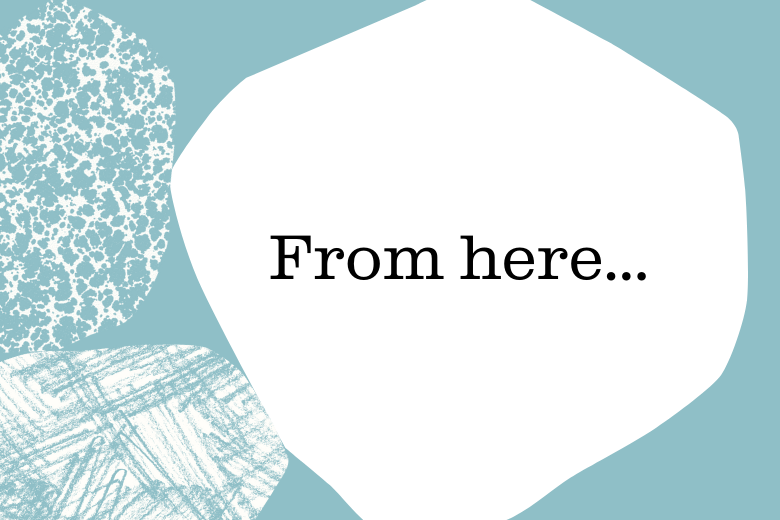
Sustainability Survey - Engaging Our Community in the Sustainability Transition
Our university is made up of its students and staff and we cannot achieve a sustainable future without their involvement. Understanding what matters to our community is essential for making meaningful progress.
That’s why we are launching a Sustainability Survey to gather insights from students and employees. The results will help guide our sustainability efforts, ensuring that the actions we take reflect the values and priorities of those who study and work here.
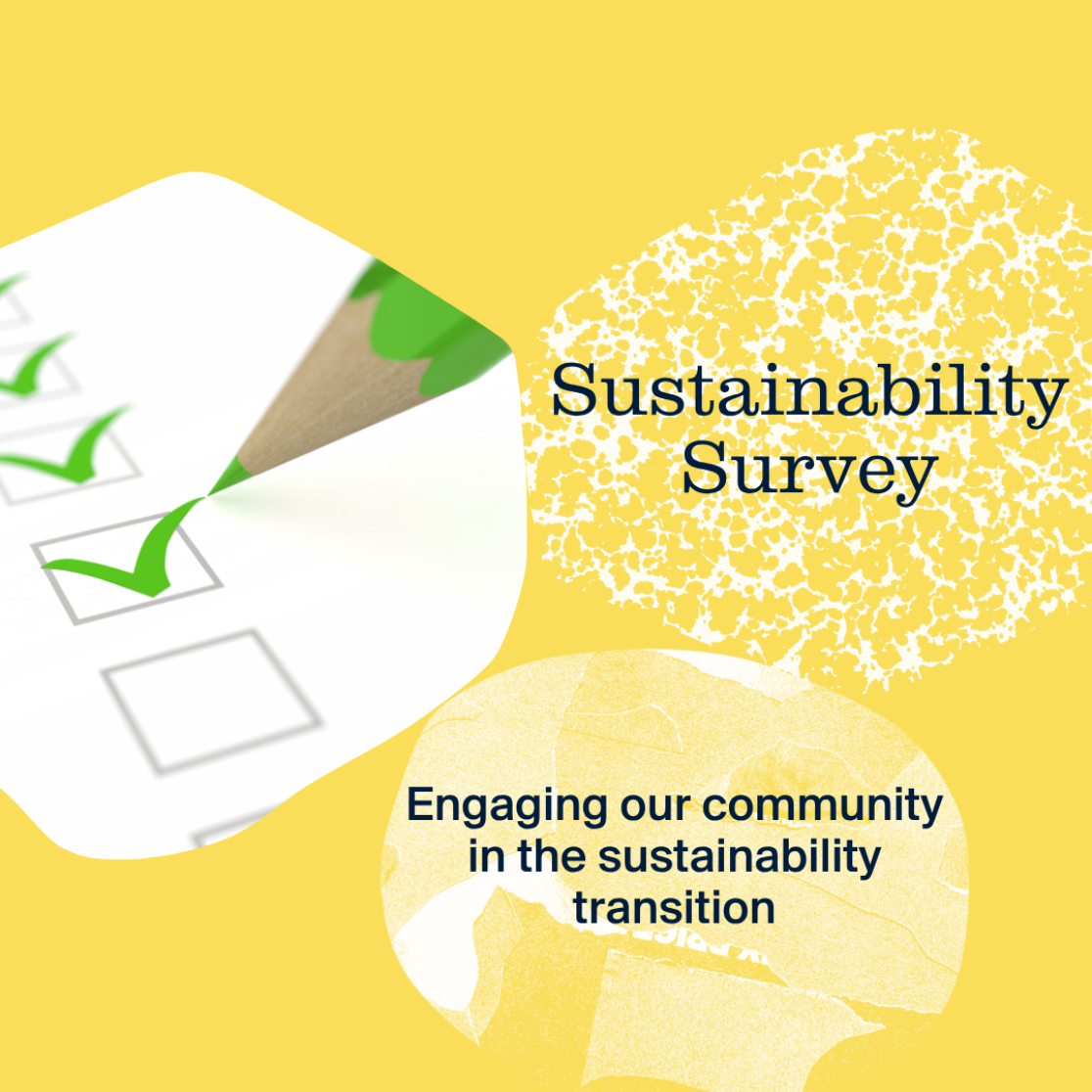
UM Impact Dashboard
Achieving UM’s sustainability ambitions requires clear direction and reliable data. To support this, UM will launch the first version of the UM Impact Dashboard in 2025. This dashboard will present key data that helps us understand and track our sustainability performance.
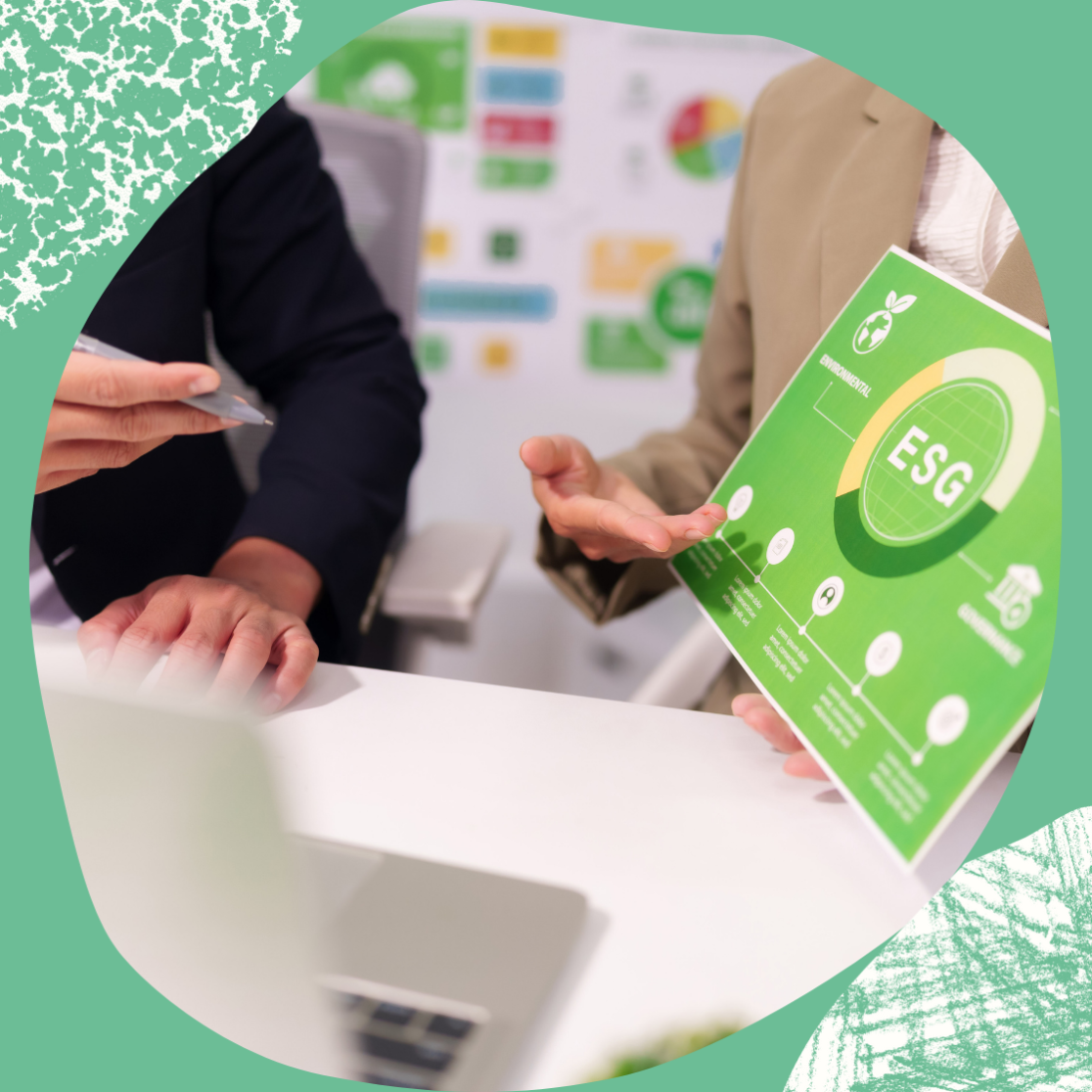
Integrating Sustainability Across UM
To achieve our shared sustainability ambitions, sustainability must be embedded throughout all levels of the university. It cannot be the sole responsibility of the Sustainability Office. That’s why we are working to integrate sustainability into the daily operations of all faculties, departments, and service centres at UM.
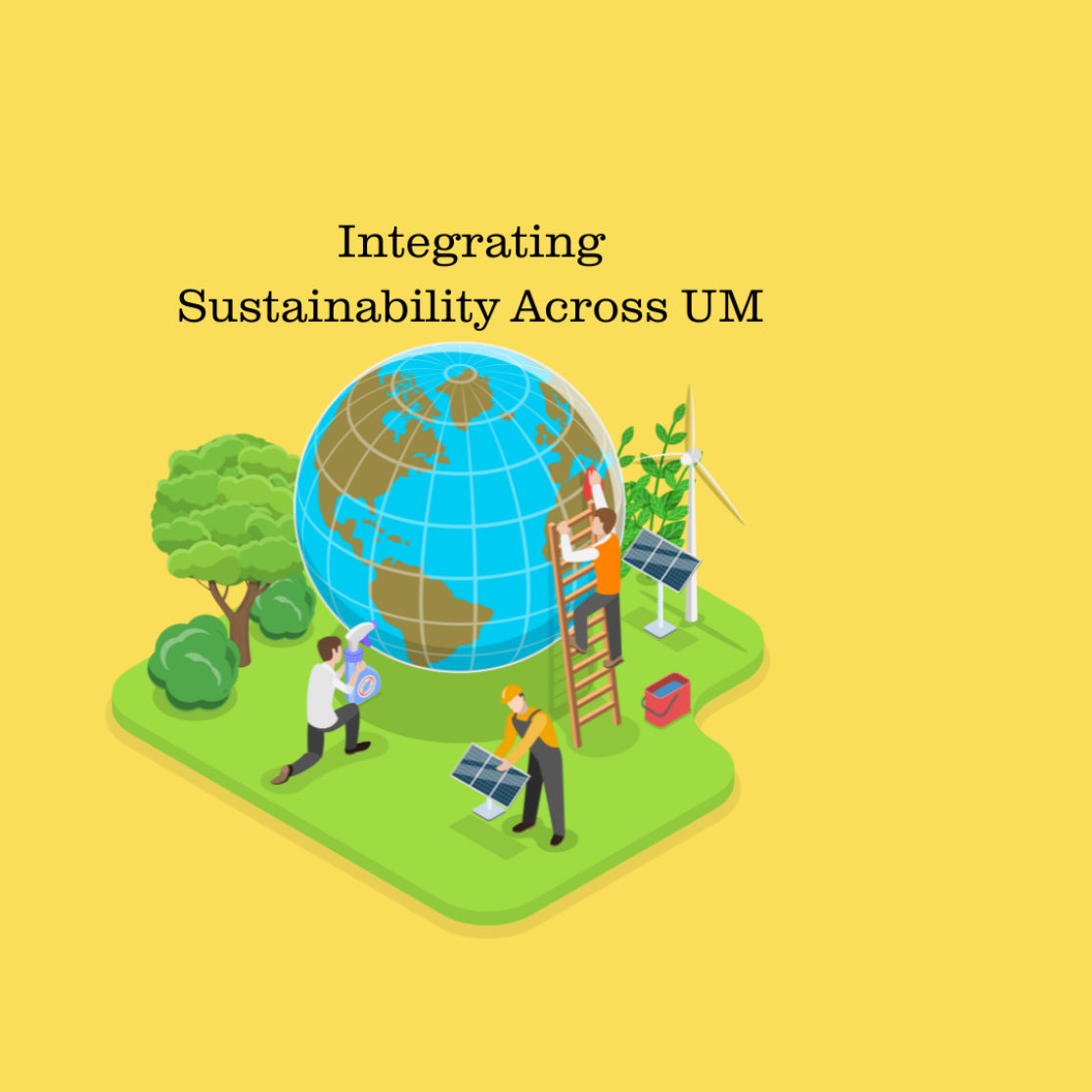
Measuring UM’s Impact: Emission Accounting and Material Flow Analysis
The UM Sustainability Roadmap 2030 outlines the ambitious goals we aim to achieve. But to chart a path toward these goals, we first need to understand where we currently stand.
That’s why one of the first priorities of the Sustainability Office is to collect and analyse data on UM’s current sustainability performance.
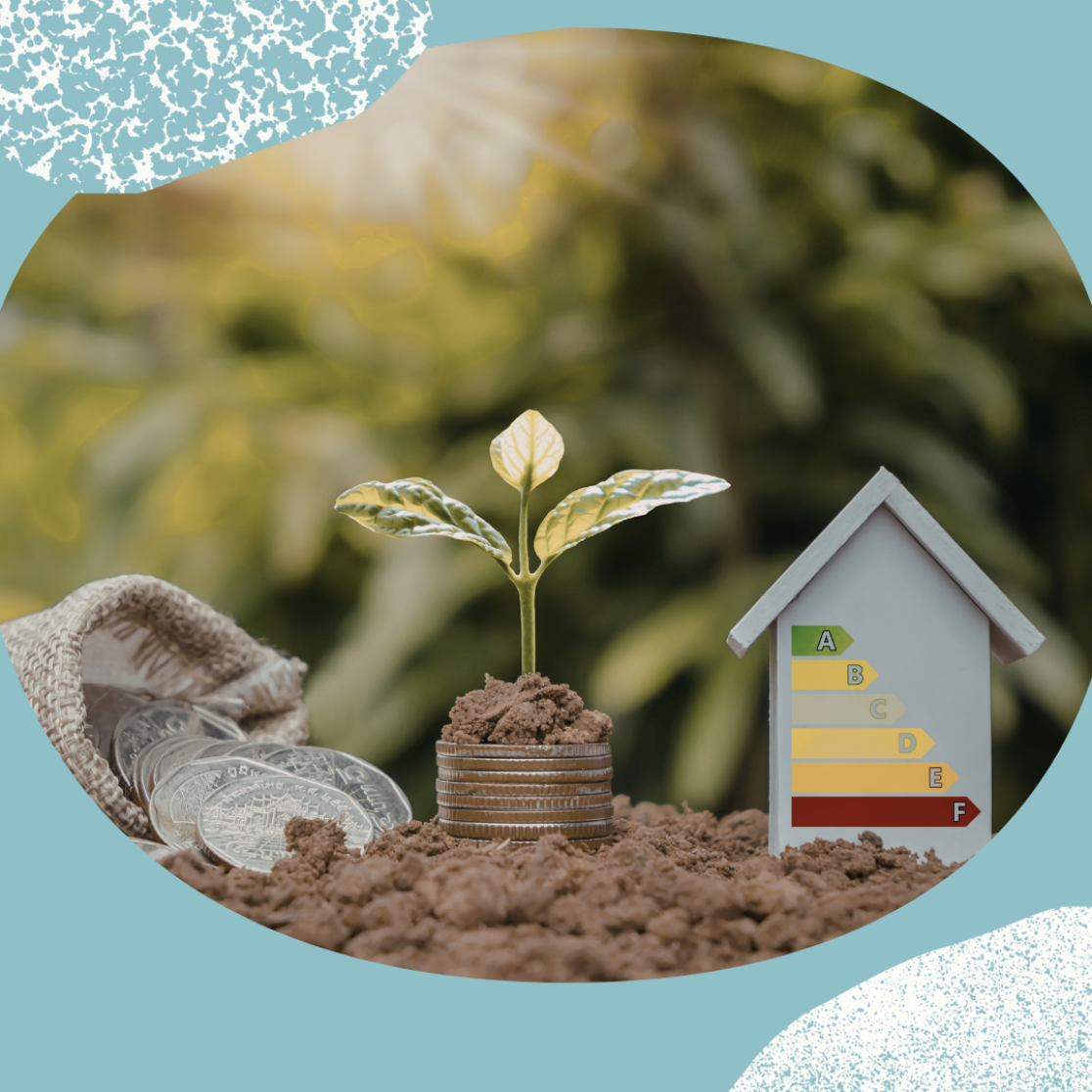
Student Sustainability Challenge
Maastricht University invites students from all faculties to take part in a university-wide challenge to drive sustainability forward. Whether you already have a concrete idea or simply feel inspired to make a difference, this is your opportunity to turn vision into impact.
Make UM—and the world—more sustainable with your idea!

World’s first Green Office
Maastricht University launched the world’s very first Green Office in 2009—starting from a kitchen table and growing into a global movement with over 100 Green Offices worldwide. Today, UM’s Green Office is a vibrant student-led platform that drives sustainability on campus through hands-on projects, events, and campaigns. From waste reduction and biodiversity to sustainable mobility and education, the Green Office empowers students to turn ideas into action and make sustainability part of everyday life at UM.
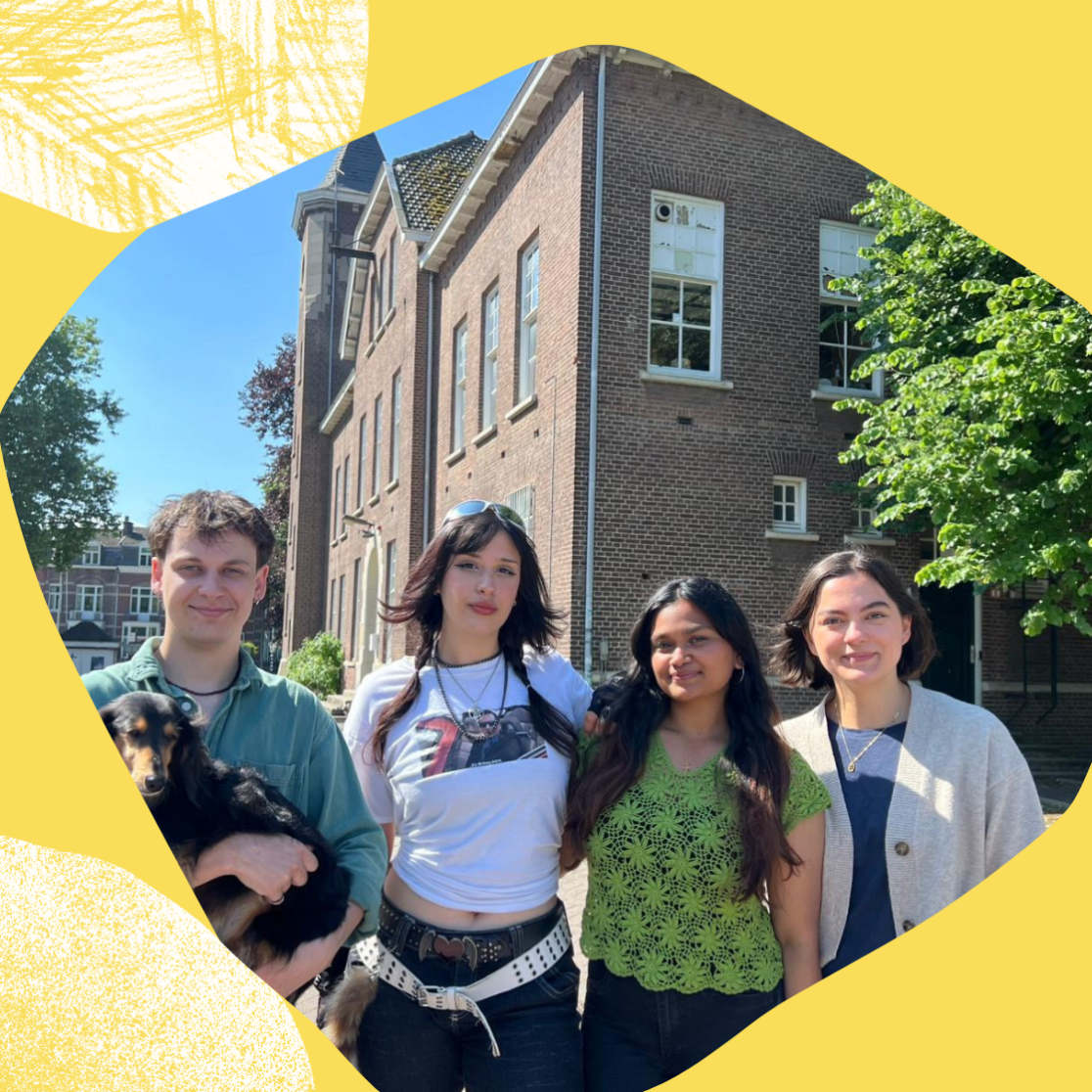
Join the Green Network
The #JoinTheGreenNetwork initiative invites everyone within our community to come together and make a collective impact on our environment. Whether you're a student, staff member, or researcher, you have the power to drive meaningful change.
Framework: Transition to a Fossil-Free Society
Maastricht University has developed a framework to evaluate whether research projects and collaborations support or hinder the transition to a fossil-free society. This tool helps researchers assess the nature of their project and the role of the partner involved. If risks are identified, advice is sought from a dedicated Fossil Assessment Committee. The framework ensures that UM aligns its academic partnerships with its climate goals and values. It also increases transparency and encourages dialogue on the responsibilities of universities in tackling the climate crisis. The tool is now fully integrated into UM’s research approval processes.
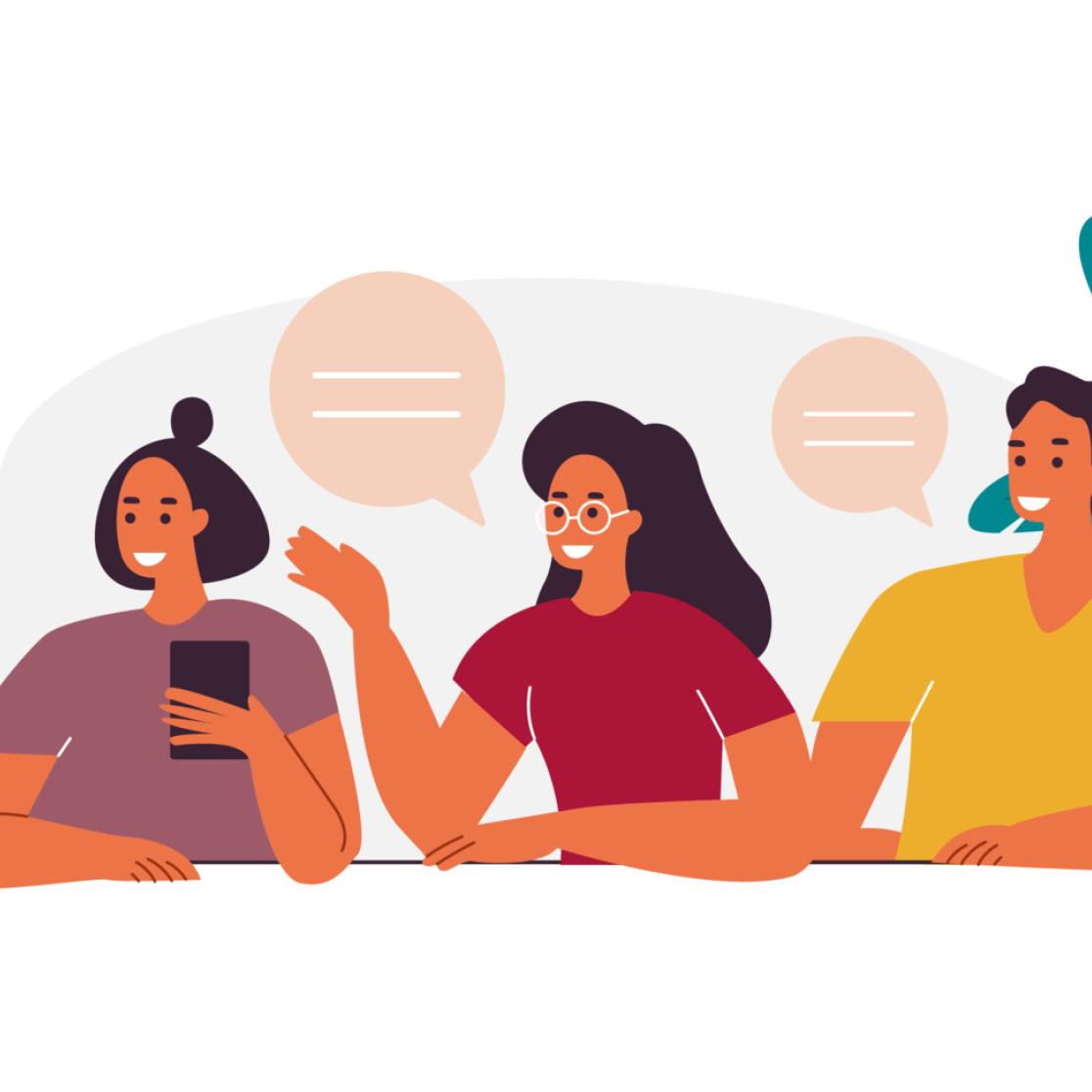
UM Research Calls in 2025 aimed at Circularity and a Sustainable UM campus
Maastricht University launched two new research calls in 2025: one on circularity, and one on making UM campus more sustainable. With a total pool of around €600.000, researchers can apply for grants of up to €75.000!
These calls are part of UM’s commitment to accelerating the transition to a sustainable, climate-neutral and circular campus by 2035 with a healthy and thriving community. The calls are designed to support innovative, interdisciplinary research projects advancing circularity and sustainability at UM and across the Limburg region.
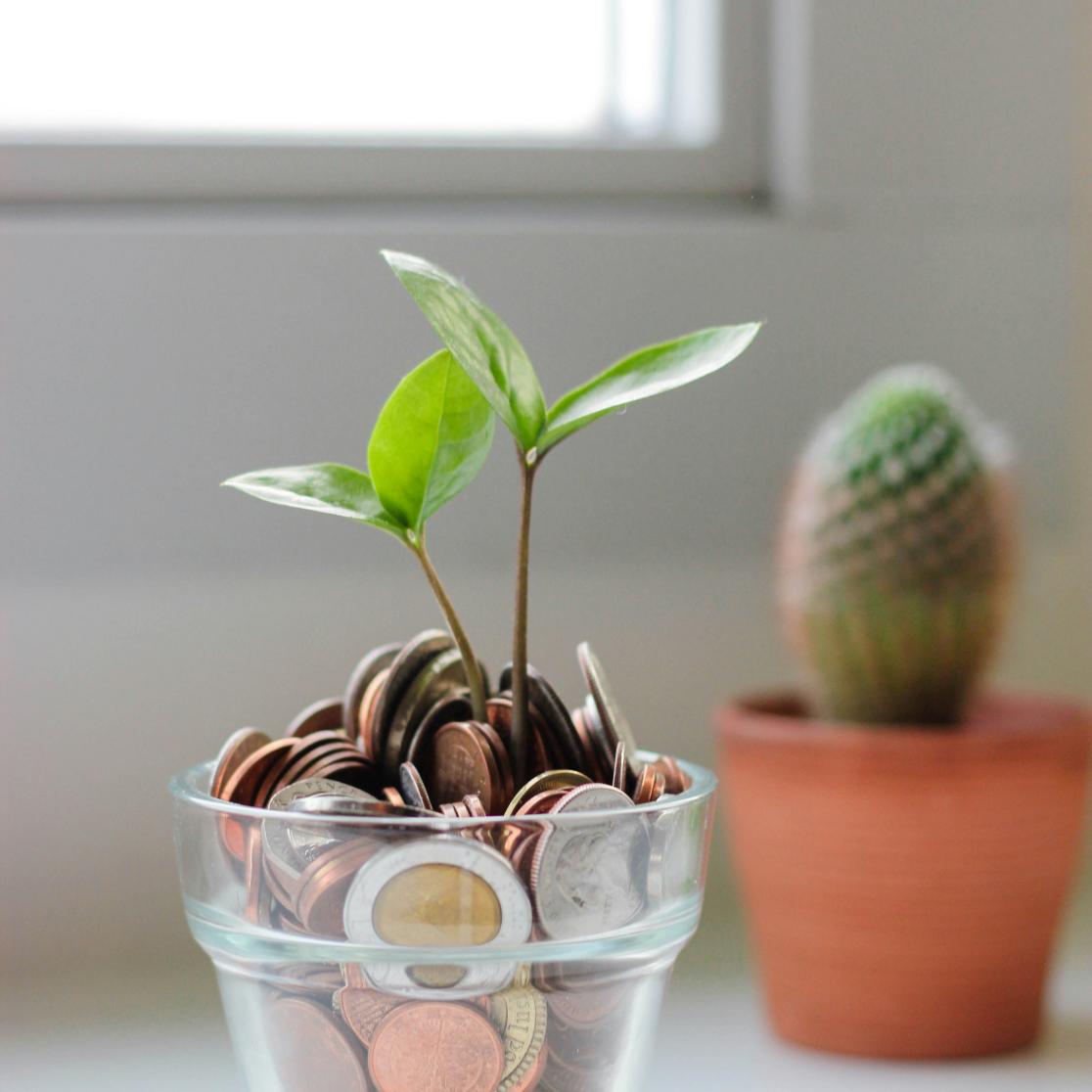
Climate Fresks
To raise awareness and understanding of climate change, UM organises Climate Fresk Workshops with participation from hundreds of students and staff from all faculties. This engaging workshop uses a collaborative game based on scientific sources, allowing participants to uncover the complex web of causes and consequences of climate disruption. The sessions spark insightful discussions and help translate knowledge into action, both individually and institutionally. They are part of a broader strategy to build climate literacy across the university. Due to their success, Climate Fresks will continue to be offered as part of UM’s sustainability engagement programme.

Community Garden
The UM Community Garden has become a thriving green space on campus, now managed by a collective of over 60 active student members. More than just a place to grow vegetables and herbs, the garden serves as a learning environment where students exchange knowledge about self-sufficiency, permaculture, and biodiversity. Workshops, harvest days and seasonal events bring students together around themes of food, health and sustainability. The garden also promotes mental wellbeing, by offering students a peaceful and hands-on escape from academic life. It’s a living example of sustainability in action, rooted in community.
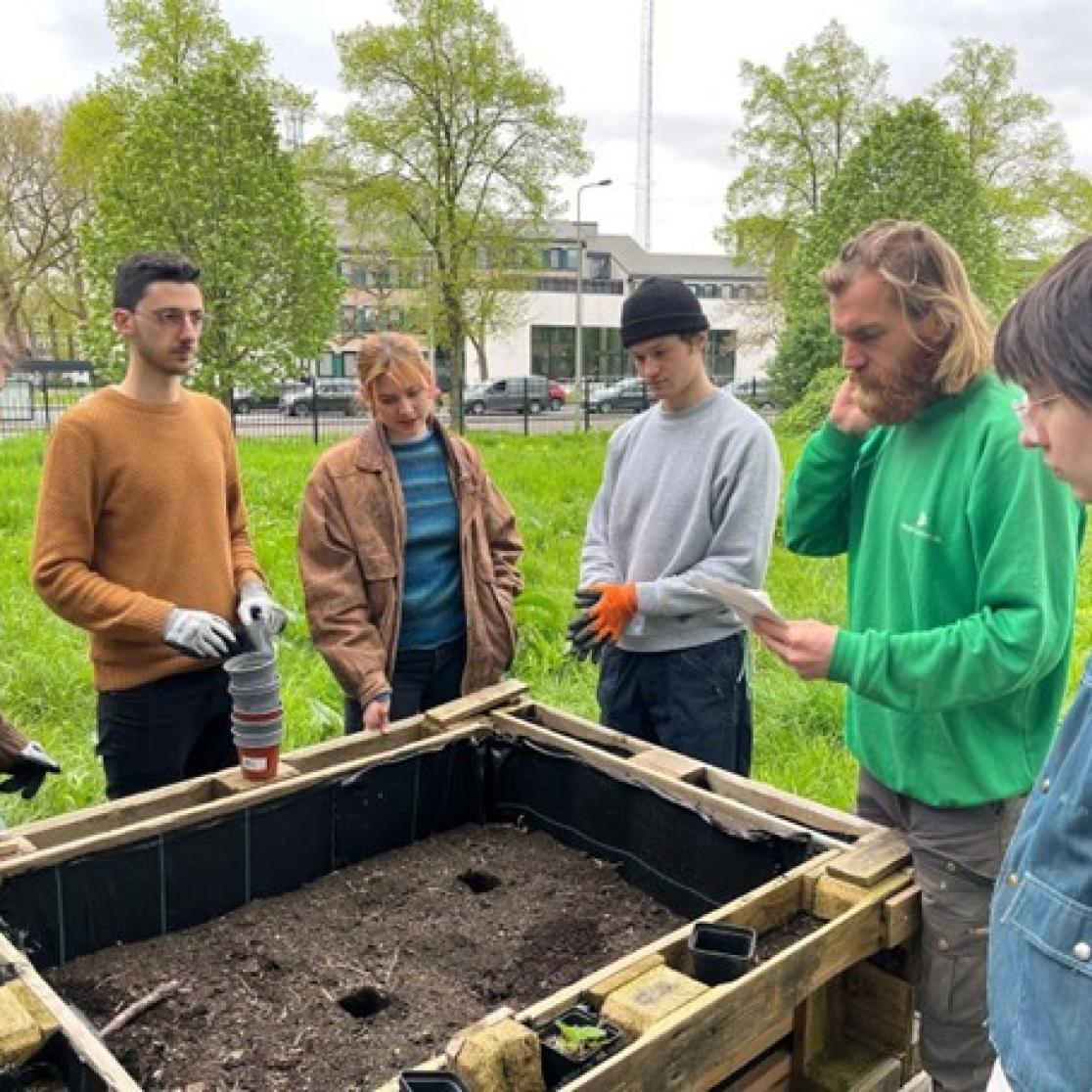
Swap Room
Located in the Sustainability Hub, the Swap Room offers students a place to exchange clothing and accessories—completely free of charge. With more than 1,000 clothing items swapped so far, the room brings the principles of circularity to life in a fun and accessible way. It encourages conscious consumption and helps reduce textile waste, one of the most polluting industries globally. The Swap Room is run by student volunteers and regularly hosts themed events and has become a vibrant part of UM’s campus sustainability culture.
Bike Repair Shop
UM’s student-led bike repair shop supports sustainable mobility by keeping bikes on the road and out of the waste stream. Over 100 bikes have already been repaired, often for free or at very low cost. Students learn hands-on repair skills, promoting a DIY ethos and increasing access to sustainable transport. The initiative contributes to a cycling-friendly campus and reduces reliance on car or public transport. It also fosters community-building and student empowerment through skill-sharing and peer support. The shop is integrated into the wider goals of promoting low-carbon living at UM.
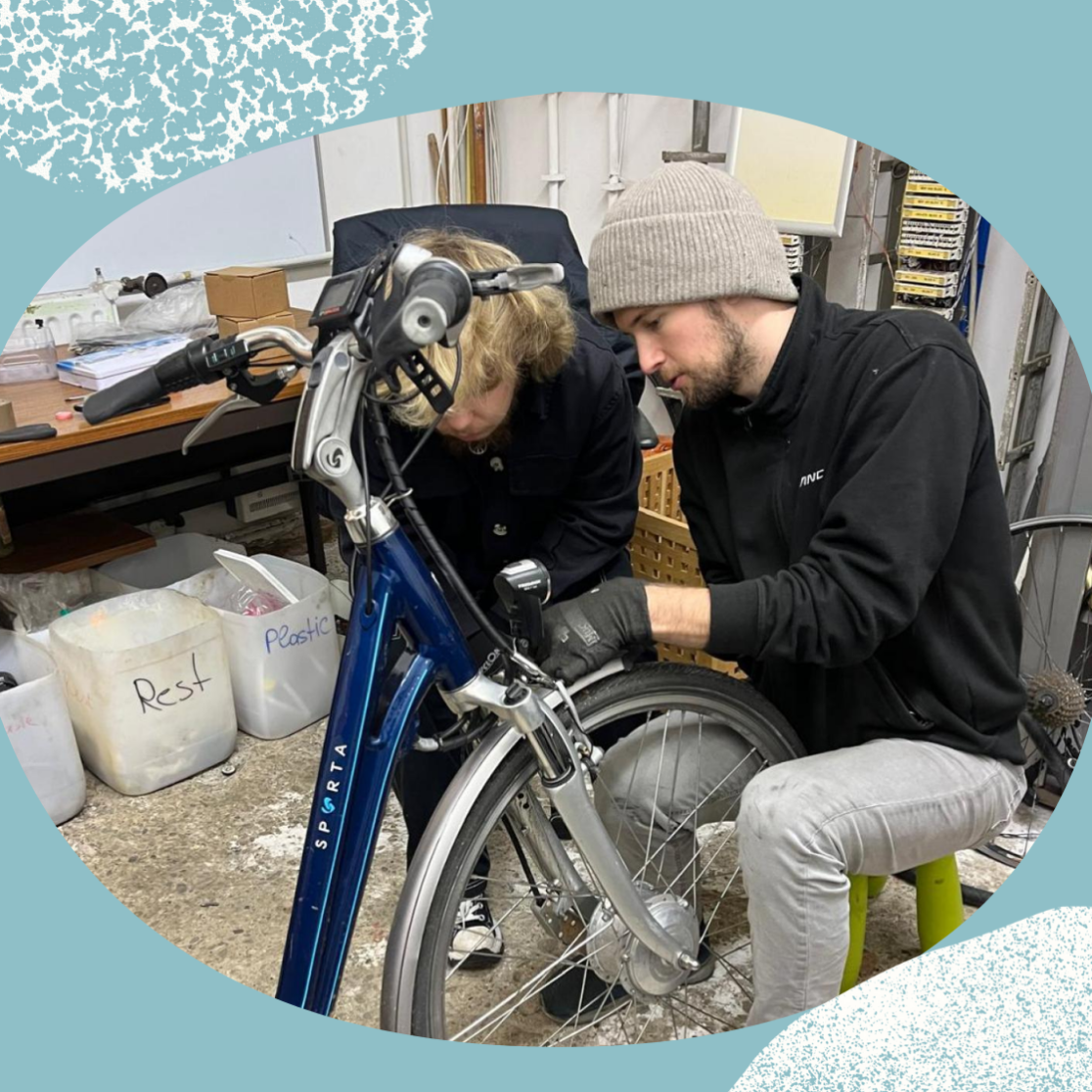
Sustainability Days
Each year, UM Faculty Green Teams organise their own Faculty Sustainability Days to engage students and staff around the theme of sustainability. These events are tailored to the faculty’s context and include workshops, lectures, panel discussions, and hands-on activities. By bringing education, research and operations together, Sustainability Days create space for dialogue and inspiration within each academic community. They also strengthen interdisciplinary connections and raise awareness of faculty-specific challenges and opportunities. The events have become a valued tradition across the university. Stay tuned for the next edition!
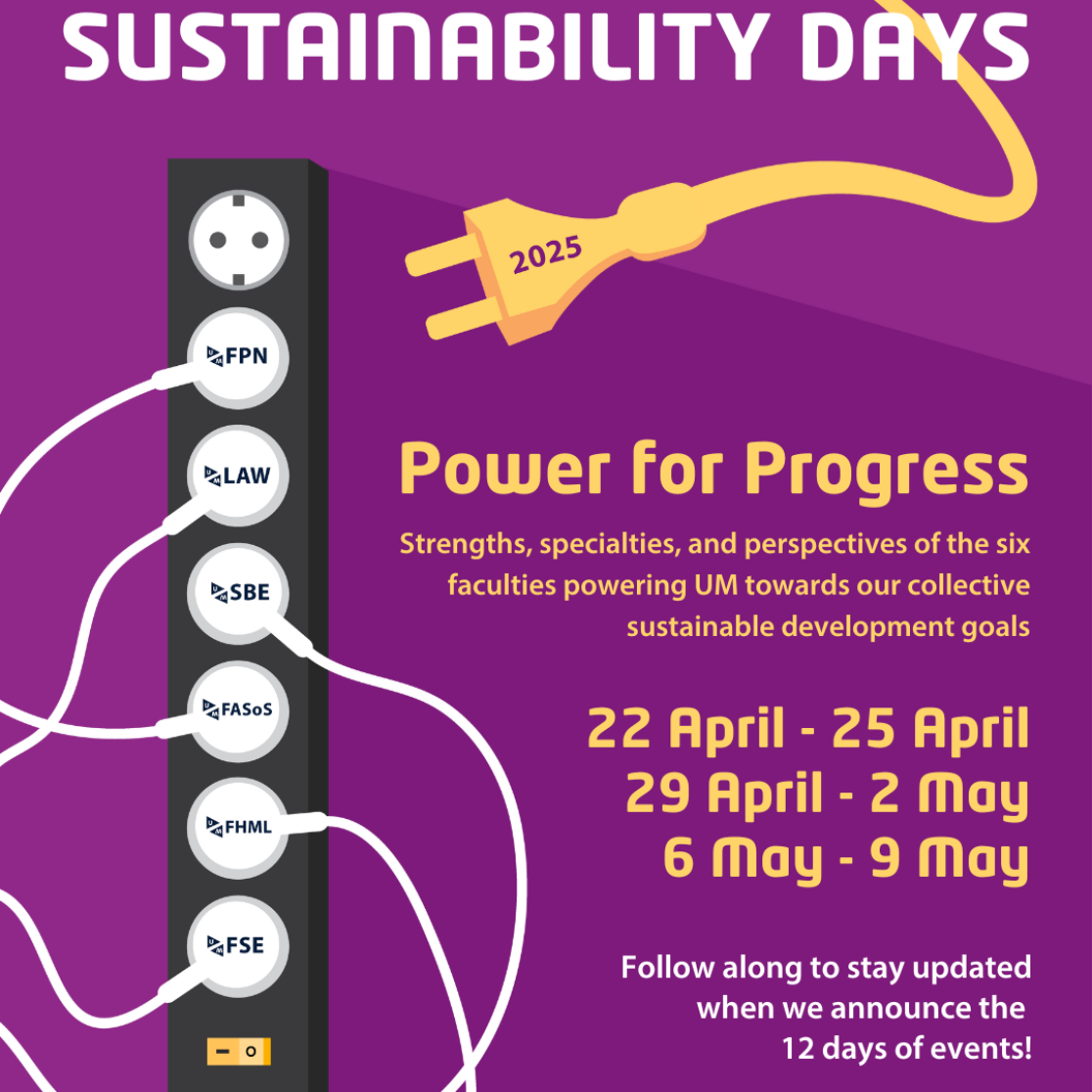
Sustainable Catering Tender
UM is currently preparing a new university-wide catering tender with sustainability at its heart. The aim is to significantly reduce the environmental footprint of campus food services while promoting health and customer satisfaction. This includes lowering the consumption of animal -based foods, reducing food waste, sourcing responsibly, and improving transparency. The tender process involves input from students, staff and sustainability experts to ensure alignment with UM’s climate and circularity ambitions. The new contract is planned to start mid-2026.
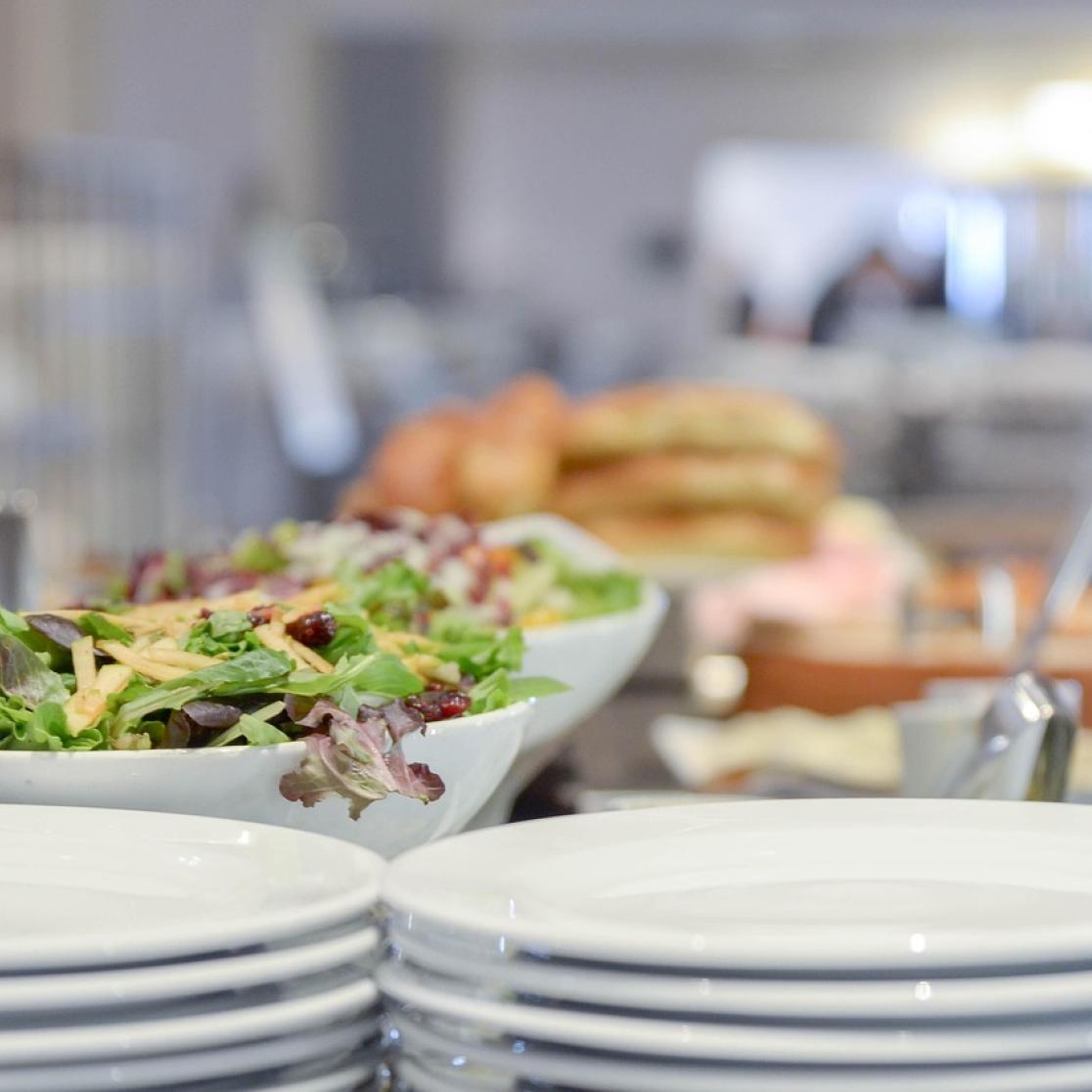
Education Grant
To accelerate the integration of sustainability in education, UM offers an annual Sustainability Education Grant that supports innovative teaching projects to embed sustainability in course content, learning outcomes or teaching methods. The grant is open to all faculties and aims to empower educators to experiment and collaborate across disciplines. The Education Grant reflects UM’s commitment to preparing students as changemakers and supporting staff in this educational transformation.
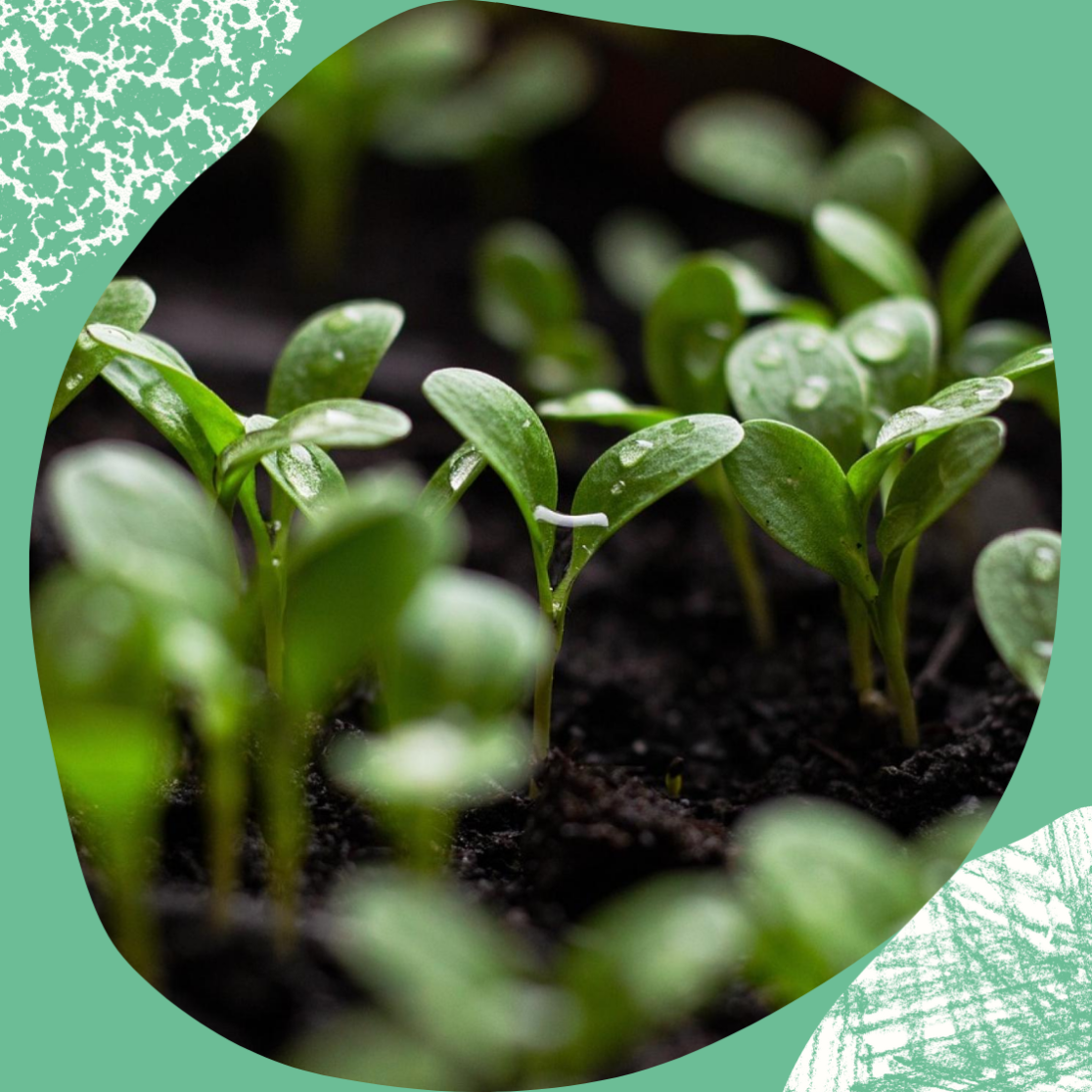
Sustainable Events Initiative
UM is working to make all university events more sustainable by developing clear guidelines and support for event organisers. This includes criteria for catering, waste management, travel, materials and inclusivity. The goal is to ensure that sustainability is considered from the earliest planning stages, without compromising the quality or accessibility of events. By embedding sustainability into events, UM not only will reduce its footprint but also raises visibility and awareness in a highly practical way. We want to focus on big events first and therefore, we will first inventory the number of events with more than 100 participants taking place at the UM. This inventory should be completed by the end of 2025, after which we can determine guidelines and measures to make those events more sustainable.

Sustainable Mobility
UM is committed to making mobility to, from, and within the university more sustainable. This includes encouraging cycling, walking, and the use of public transport, as well as reducing emissions from business and student travel. New policies are being developed in consultation with faculties and service centres to align mobility behaviour with climate goals. The new policy for staff commuting will be developed in the En Route project, which is planned to be implemented at the beginning of 2027. Carbon reporting, incentive structures, and infrastructure improvements (like secure bike parking and e-bike support) are part of the approach. The aim is to foster a culture of low-impact mobility that fits the needs of a modern, international university.
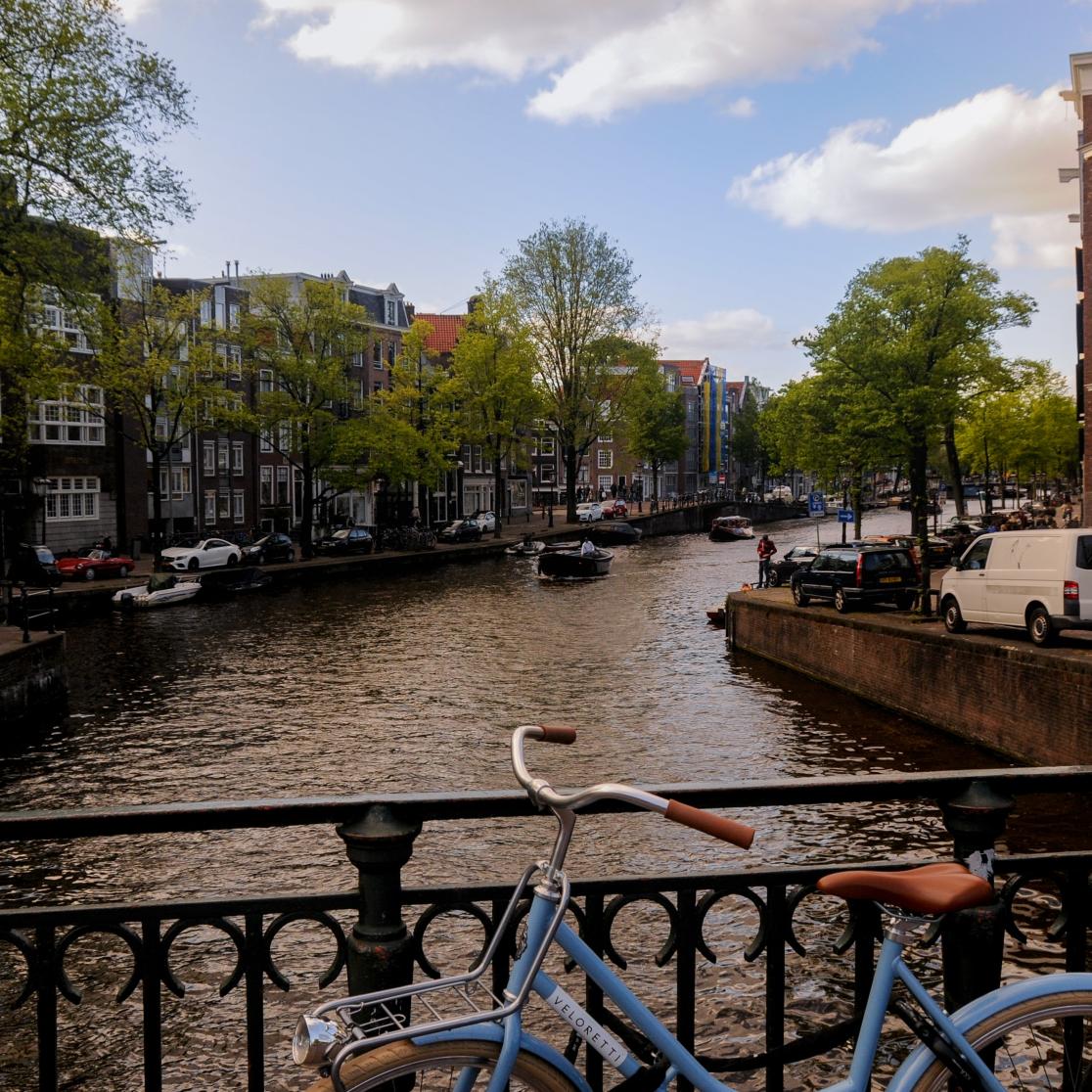
Sustainable Real Estate at UM
Maastricht University is working to make its real estate healthier, and more sustainable, contributing to UM’s ambitions related to climate, circularity and community. we mainly focus on improving our energy performance, and (thereby) reducing emissions (Scope 1 & 2). Furthermore we integrate nature-based solutions like green roofs and biodiversity-friendly landscaping where possible. By embedding sustainability into every stage of real estate planning—from renovation to new builds—UM is creating a campus environment that supports wellbeing, climate resilience and future-proof design in the long-term.
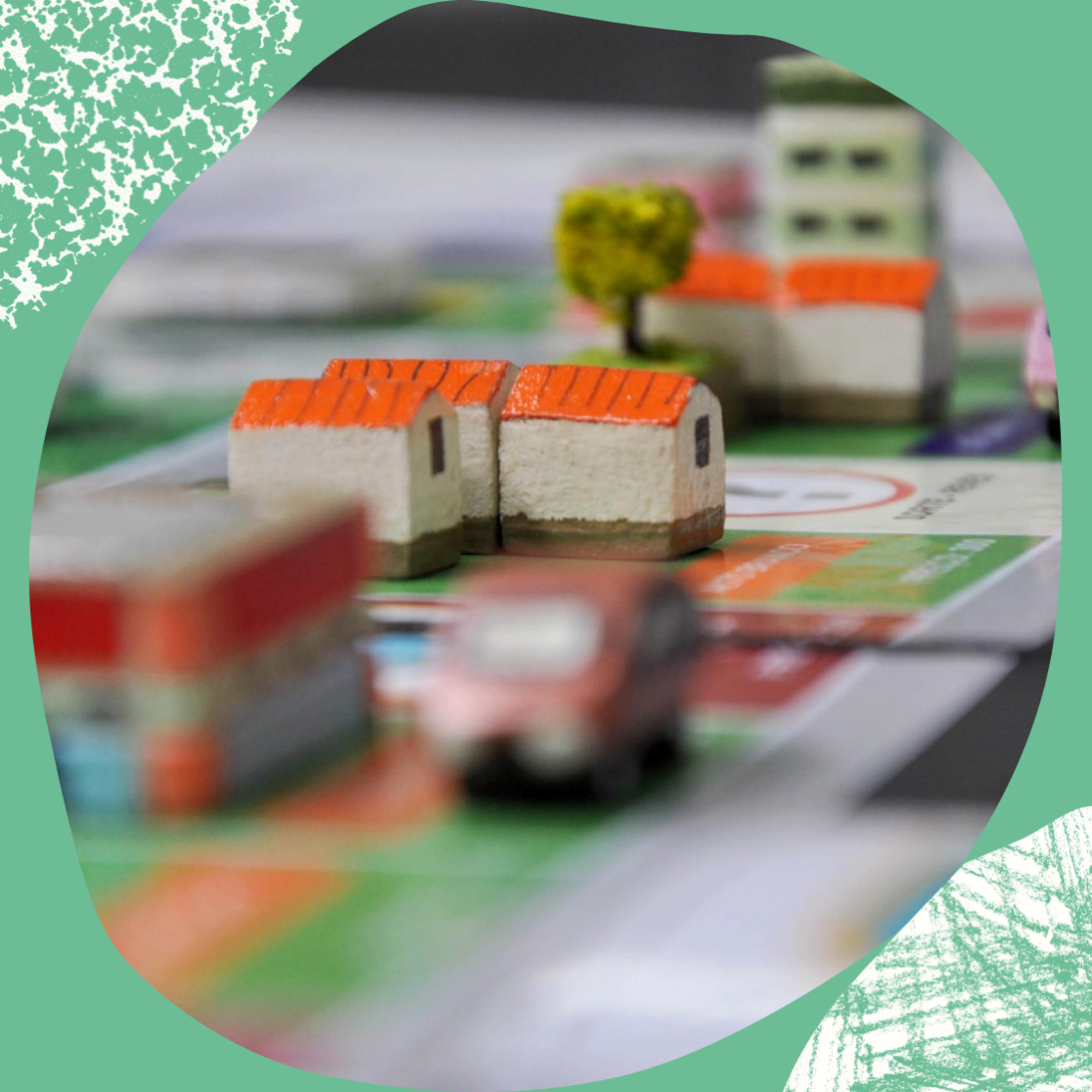
Euregional Centre of Expertise on Circularity
UM is taking the lead in setting up an Expertise Centre for Regional Circular Economy (ERCE) to accelerate the transition to circular systems in Limburg and beyond. To drive the circular transition, ERCE brings together multi-level stakeholders from industry, government, and civil society to co-create practical solutions. ERCE connects UM’s expertise from all academic fields to regional initiatives, building a knowledge base that tackles the unique challenges and opportunities of circular transitions in Limburg. By linking local efforts to national and international dynamics, ERCE enhances the impact of circular economy innovations. It builds on UM’s strengths in interdisciplinary research and regional engagement. By fostering cross-border collaboration and applied knowledge exchange, ERCE aims to support systemic change and strengthen circularity as a driver of regional innovation and resilience. ERCE was launched in September 2025.

UM Transition Platform
The UM Transition Platform connects researchers, educators, students and external partners who are working on transformative sustainability challenges. It serves as a space to share ideas, develop joint initiatives, and collaborate on complex transitions such as the shift to a circular economy, climate neutrality and social equity. The platform also plays a key role in the Euregional rollout, linking UM expertise with regional actors to accelerate change beyond the university. By bringing people and perspectives together, the platform fosters innovation and systemic thinking.
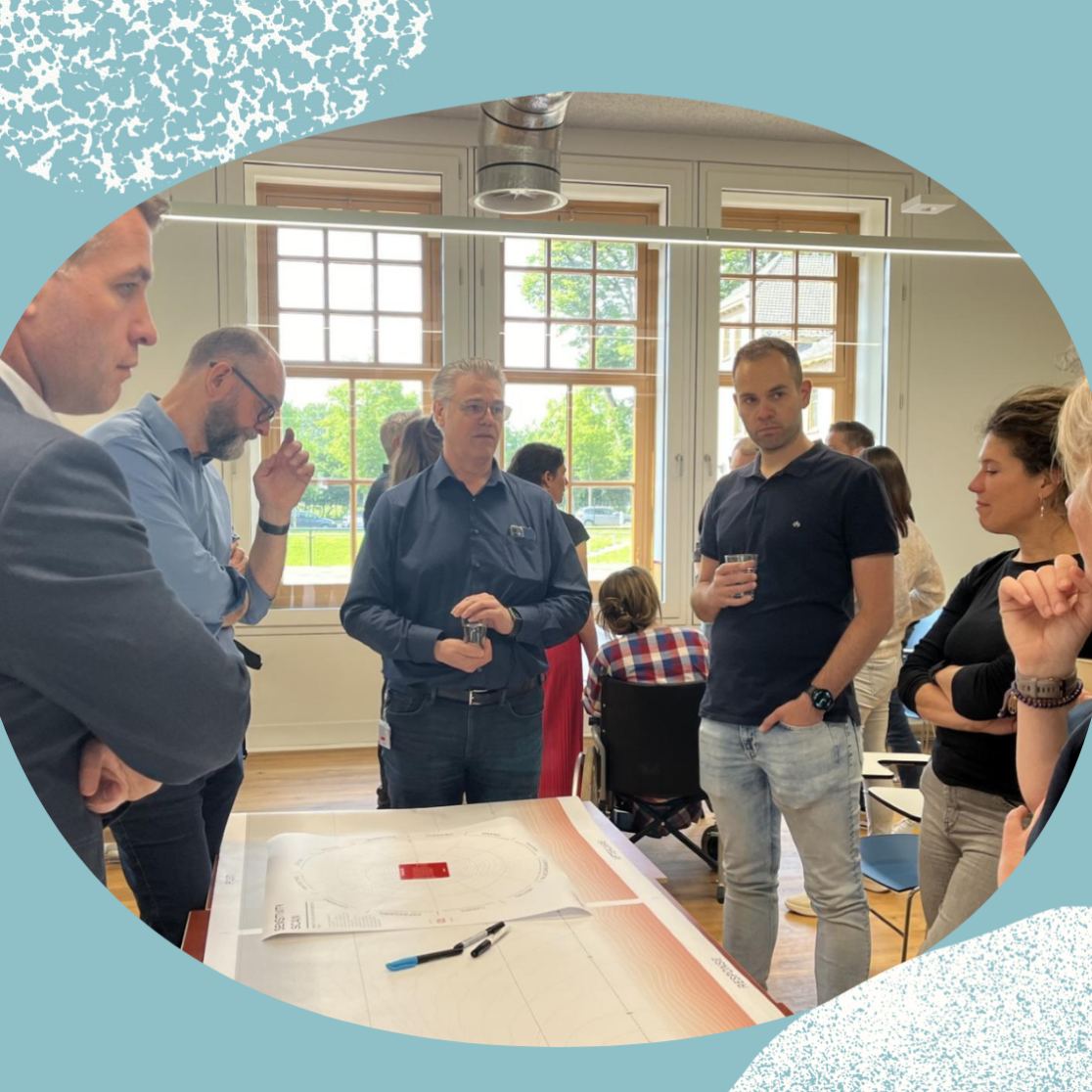
Library of Things
Reducing excess and keeping resources in circulation is key to circularity, that is why we created the Library of Things. Located in the sustainability hub, this space is filled with a wide variety of items that can be borrowed and returned, just like books in a library. The shelves are stocked with everything from chairs to tennis rackets to a keyboard. By making these resources available to students and student organisations, the Library of Things, helps reduce unnecessary purchases and fosters a community of sharing.

UnliMited
In 2020, the UnliMited Network of staff with disabilities, chronic illness or neurodivergence was established. UnliMited strongly believes in the principle ‘Nothing About Us Without Us’ and speaks up on behalf of staff with disabilities. In 2023 and 2024 they worked with the University to draft and adopt a new policy on Working with a Disability, including establishing the Disability Inclusion Group (DIG) in April 2025.

Omnium
From rising global tensions… to open Omnium conversations… to student-led dialogue events… to a thriving UM community.
Omnium was created in 2024 to provide a safe space for students and employees to discuss a wide variety of topics. Especially the rising tensions concerning the Israel-Palestinian conflict were an incentive to organise meaningful dialogue.
The idea is to exchange opinions, rather than it is to convince each other. Dialogue is a way of interacting that focuses on mutual respect, understanding and exchange of different views.

Biodiversity
UM is stepping up efforts to enhance biodiversity at our campuses. In May 2025, we took part in the Higher Education BioBlitz Challenge to actively involve students and employees. Watch the video impression of our event at the Bee Hotspot, a biodiversity hub where 63 different bee species have already been identified. We have started a pilot with the ‘biodiversity yardstick’-methodology by IPC Groene Ruimte. Together with a student-assistant we have started a pilot to identify opportunities at the campus to increase biodiversity by improving natural habitat.
